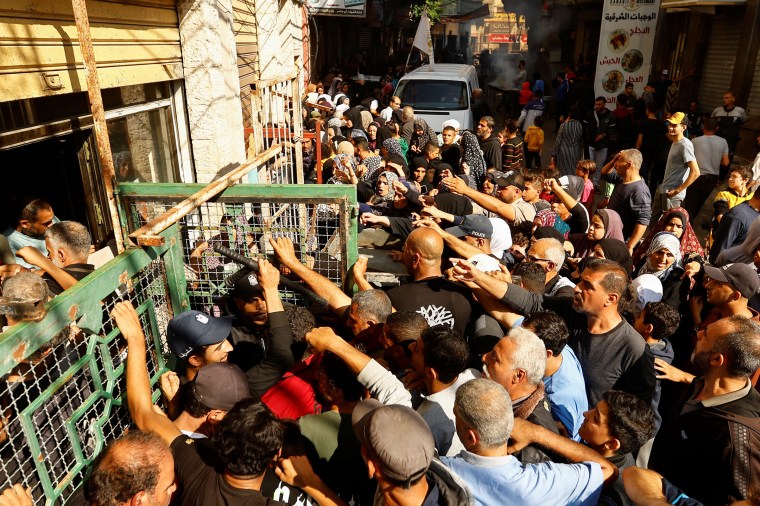Update: Communications in Gaza were partially restored over the weekend after a limited amount of fuel was allowed into the region to power generators. Journalists are still reporting to CPJ that they are having difficulty with communications.
New York, November 16, 2023—The Committee to Protect Journalists (CPJ) is highly alarmed by widespread reports of a communications blackout in Gaza due to a fuel shortage. CPJ urgently calls on the Israeli and Egyptian governments to allow humanitarian assistance, including fuel, to reconnect journalists in Gaza with the world.
In a deeply concerning development, Paltel Group (the parent company of Palestinian internet service providers Paltel, Jawwal, and Hadara), among the few remaining service providers operational in Gaza, has announced a complete shutdown of communication services throughout the Gaza Strip, according to ABC News and BBC. This disruption, directly attributed to a severe fuel shortage, jeopardizes internet and phone connectivity, posing an extreme risk to the lives of journalists reporting in Gaza and their coverage, according to the same sources.
Since the Israel-Gaza war began, Gaza has experienced three major communication blackouts, each lasting between 24 to 48 hours: from October 27 to October 29, from October 31 to November 1, and from November 5 to 6.
Overall, internet traffic across Gaza decreased by over 80% in October, according to Access Now. However, this particular communication blackout could persist indefinitely unless fuel is allowed into Gaza, according to Access Now and Amnesty International.
According to the reports, the earlier internet shutdowns disrupted media coverage and traumatized journalists in Gaza and their counterparts worldwide after they lost contact with their colleagues. Local and international media channels have reported that the shutdown prevented news organizations from reaching reporters on the ground, severely hampering their ability to cover the war. Freelance journalists who use their social media accounts to cover the war coverage are particularly vulnerable as they lack institutional support to ensure their safety and amplify their voices.
“By withholding fuel from Gaza, the Israeli government is preventing journalists in Gaza from providing the world with updates on the war, leaving the international community vulnerable to deadly propaganda, disinformation, and misinformation,” said Sherif Mansour, CPJ’s Middle East and North Africa program coordinator. “The Israeli and Egyptian governments must immediately allow fuel into the Gaza Strip as part of the essential humanitarian assistance needed in the region.”
CPJ previously expressed deep concern over the communication shutdown on October 27 and, along with over 200 organizations, had called for the United Nations Security Council, the U.N. Secretary-General, and all world leaders to facilitate an immediate humanitarian ceasefire and permit the delivery of humanitarian assistance to Gaza. The UN International Telecommunication Union (ITU) has called for the “protection of telecom infrastructure and the essential right to communicate.”
